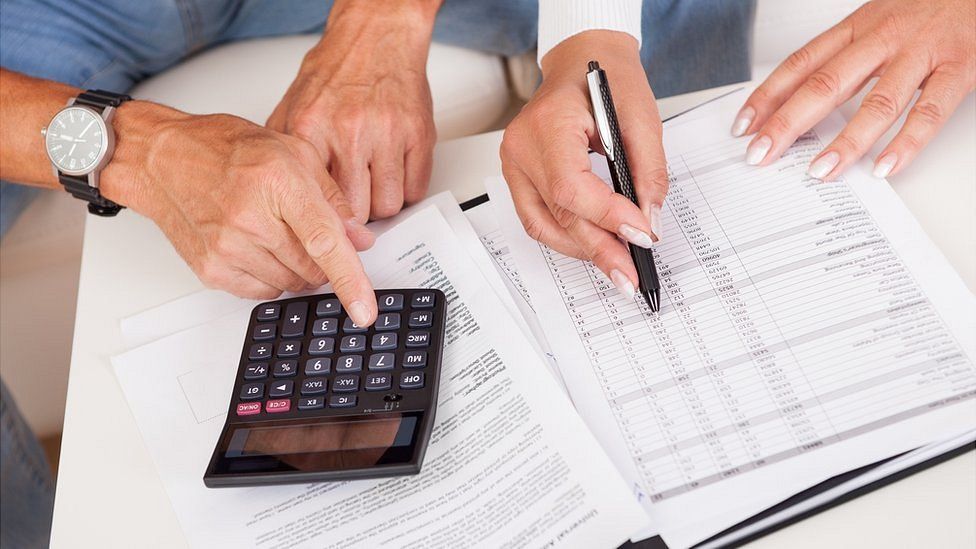Jersey married person tax 'anomaly' investigated
- Published

Married people will continue to pay more tax than co-habiting unmarried couples, although proposals could see the gap closed.
Currently Jersey's personal income tax allowance for a married or civil partnership couple can be £1,200 lower than for an unmarried couple.
The budget for 2017 suggests increasing the second earner's allowance for the first time in 17 years, reducing the difference by £500.
It is due to be debated in December.
Under the system one partner is responsible for the tax returns - in a marriage it is the husband.
BBC News App users: click here to see the a comparison with other juristrictions.
Other budget headlines:
- 2p extra on a litre of unleaded petrol - so now 47p
- 2p on a pint of beer - as tax is now 62p a litre
- 8p added to a bottle of wine and 72p to a litre of spirits
- An extra 45p on a packet of cigarettes and £1.62 on 50g of hand-rolling tobacco
- Stamp duty - paid on the purchase of a property - up from 7% to 8% for properties more than £3m and up to 9% for those more than £6m
- Approve spending of £65m on capital projects
Senator Alan Maclean, Minister for Treasury and Resources, who proposed the budget said the changes to personal allowances would "help reduce the current discrimination in the tax system".
"This will go some considerable way towards removing the anomaly in the tax system which can see two co-habiting individuals receive more of their income tax-free than people who are married or in civil partnerships."
He said the higher rate for older people should also be phased out by about 2021.
The Taxes Office is also looking at the impact of changing from the current system - one person in a marriage or civil partnership being taxed on the income of both - to everyone being taxed individually on their own income.
Its review will look at "every aspect of that system to determine whether an equitable system can be developed", but it has warned any change would create "some winners and some losers".
That work is due to be completed in 2017 ahead of the next election in May 2018 with any changes forming part of the strategic plan of the new Council of Ministers.
- Published4 October 2016
- Published30 September 2016
- Published9 October 2015
- Published17 February 2015